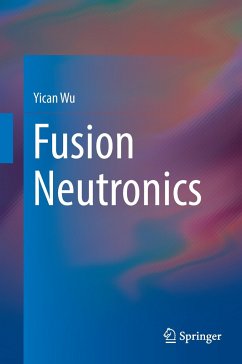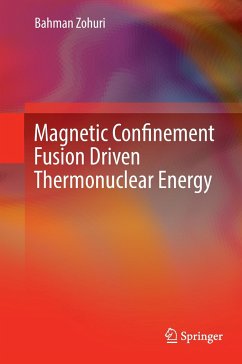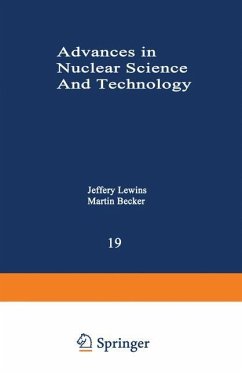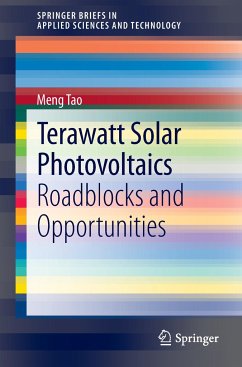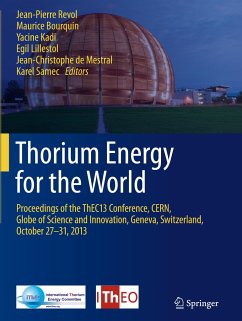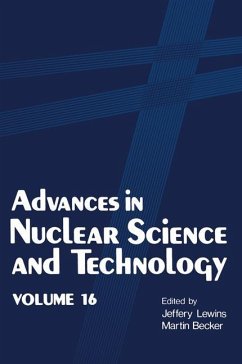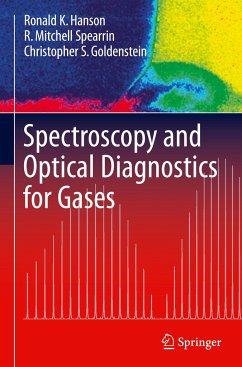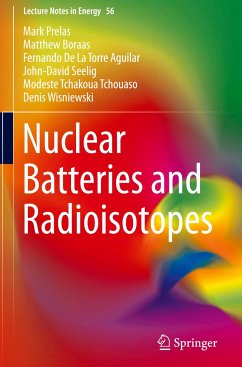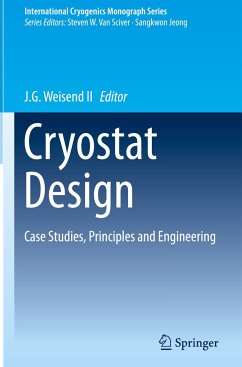
Nuclear Fusion with Polarized Fuel

PAYBACK Punkte
38 °P sammeln!
This book offers a detailed examination of the latest work on the potential of polarized fuel to realize the vision of energy production by nuclear fusion. It brings together contributions from nuclear physicists and fusion physicists with the aims of fostering exchange of information between the two communities, describing the current status in the field, and examining new ideas and projects under development.It is evident that polarized fuel can offer huge improvements for the first generation of fusion reactors and open new technological possibilities for future generations, including neutr...
This book offers a detailed examination of the latest work on the potential of polarized fuel to realize the vision of energy production by nuclear fusion. It brings together contributions from nuclear physicists and fusion physicists with the aims of fostering exchange of information between the two communities, describing the current status in the field, and examining new ideas and projects under development.
It is evident that polarized fuel can offer huge improvements for the first generation of fusion reactors and open new technological possibilities for future generations, including neutron lean reactors, which could be the most popular and sustainable energy production option to avoid environmental problems. Nevertheless, many questions must be resolved before polarized fuel can be used for energy production in the different reactor types. Readers will find this book to be a stimulating source of information on the key issues. It is based on contributions from leading scientists delivered at the meetings "Nuclear Fusion with Polarized Nucleons" (Trento, November 2013) and "PolFusion" (Ferrara, July 2015).
It is evident that polarized fuel can offer huge improvements for the first generation of fusion reactors and open new technological possibilities for future generations, including neutron lean reactors, which could be the most popular and sustainable energy production option to avoid environmental problems. Nevertheless, many questions must be resolved before polarized fuel can be used for energy production in the different reactor types. Readers will find this book to be a stimulating source of information on the key issues. It is based on contributions from leading scientists delivered at the meetings "Nuclear Fusion with Polarized Nucleons" (Trento, November 2013) and "PolFusion" (Ferrara, July 2015).





